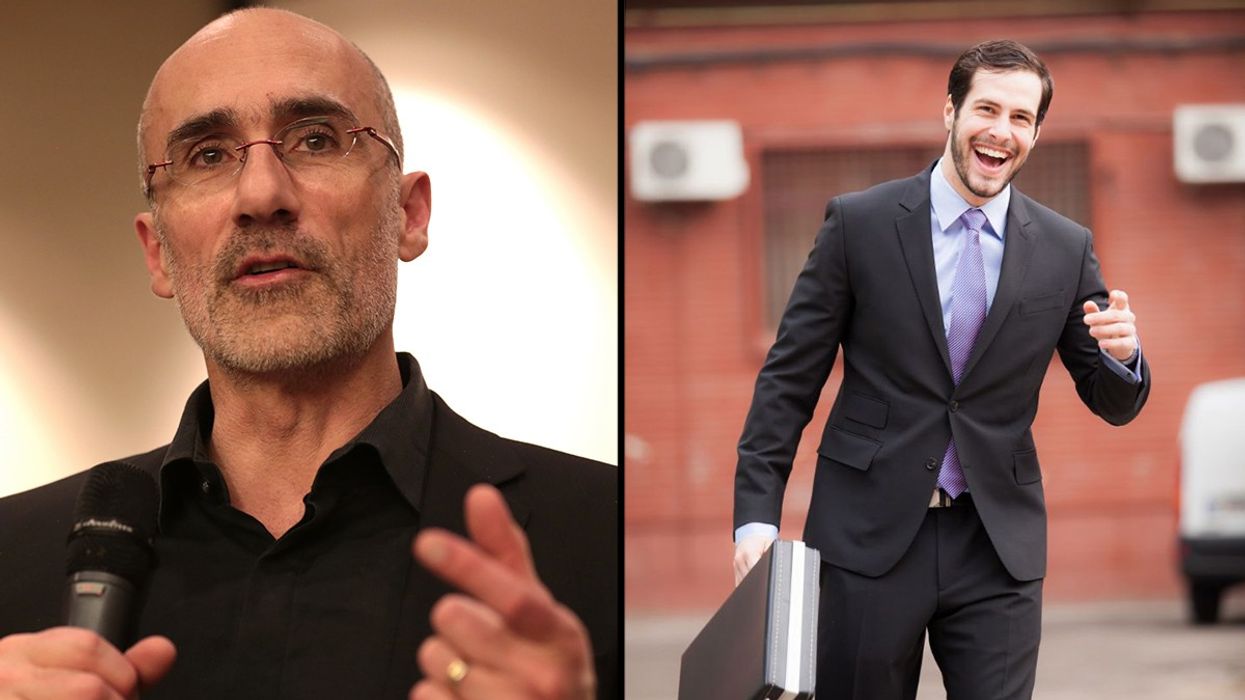An average American's greenhouse gas emissions begin to decrease around age 60. Retirees aren’t struck by a sudden commitment to the environment, but because they're not working full-time, they drive less. They might buy fewer clothes. They move into a smaller house. Now, two companies are betting that the promise of ditching electric bills for the rest of their lives will compel them to choose a net-zero energy house, too.
A partnership between Solar City, a leading solar installer, and Shea Homes, one of the country’s largest privately-owned home building companies, will install panels on homes in Shea’s communities targeted towards retirees. The houses are decked out with a whole slate of energy-efficiency features, but rather than selling those amenities, Shea is selling the effect, calling it "the no electric bill home." "Who doesn't want clean energy that's less expensive than buying from a utility?" says Walter Cuculic, Solar City’s national manager of home builder programs.
Although these houses are being marketed to baby boomers, they’re also the future of new construction. California is aiming to have all newly built homes be energy-neutral by 2020. And home builders have good reason to sell potential buyers on features like solar panels: In the wake of the housing crash and the recession, the construction business is doing terribly—last year, home builders started and sold fewer houses than any other year on record. They’re looking for any advantage they can offer.
“Solar can be a three- or four- or five-year payback, and you're building a house that's going to last 100-plus years,” says Cuculic. To him, including solar on any new house should be an obvious choice.
The home-building industry isn’t a natural ally for the eco-friendly movement, though. When I talked to Cuculic, he was in Las Vegas, planning for one of the project’s kickoff communities. It’s hard to think of a place less environmentally friendly: as Las Vegas has grown, it has eaten up land and strained water resources. Shea Homes also does business in states like Arizona and Florida, where sprawl dominates, and its marketing encourages potential buyers to imagine what they might do with the dollars they save on electricity—take a cruise, play more golf, fly the kids out more often. This is exactly the type of behavior that critics say will wipe out any carbon savings efficiency projects create.
Energy geeks call the behavior Shea is pushing “the rebound effect,” and New Yorker writer David Owen argues in his new book, The Conundrum, that it makes all our good green efforts moot. Energy experts like Amory Lovins at the Rocky Mountain Institute have a strong counterargument: In real life, the rebound effect hasn’t eaten up all energy savings. Retirees who pay no electric bill might use some of those savings to enjoy a steak or two that they might not have indulged in otherwise. But cheaper energy bills can’t change everything: Most retirees’ kids will still have their own lives and won’t make it out to Vegas for more than the annual visit, even if their parents offer to foot the bill. It’s safe to say that in the long run, "no electric bill" houses will save not only money, but energy, too.
Photo via (cc) Flickr user stantontcady















 Otis knew before they did.
Otis knew before they did.